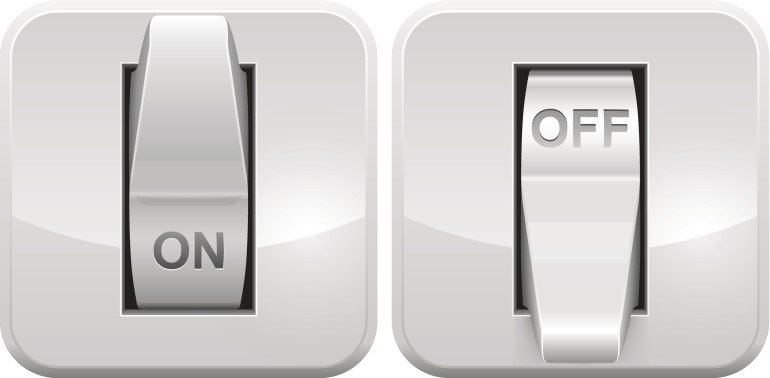When to Turn On and Turn Off Your Internal Songwriting Editor

I’ve been lucky enough to write with some amazing songwriters—writers whose songs have topped the charts and earned GRAMMY and Oscar awards and nominations—and I’ve noticed that almost all of these writers share a particular trait. When collaborating, they seem to have no fear of sharing whatever pops into their minds. They don’t prejudge or criticize their contribution. They are willing to share their lyrics and melodies without a disclaimer. In some cases, it seems as if they are channeling their words and melodies, as if the songs are simply coming through them, uncensored and unfiltered. In other words, they switch off their internal editor, that nasty little gnome that sits on our shoulders whispering, “That’s not good enough. If you share that they’ll think you’re stupid.”
Having an internal editor is a good thing. It can guide and shape our songs by pointing out weaknesses in our melodies and lyrics. It can push us not to settle for anything less than our best work. But it can also quash our ideas before they ever see the light of day. So how can we take advantage of the ways an internal editor can be our friend—without allowing it to put a damper on our creativity?
Timing is the key. Allow the initial creative flow to express itself unhampered. It’s hard, if not impossible, to do our most creative work with a whip at our back, or with every word and note being subjected to the proverbial microscope. Allow the spark of raw inspiration—that energy that compelled you to write your song—to take the reins. Honor it by staying out of its way. Invite the “editor” in only after the initial rush of creativity.
For some of us it can be hard to keep our editor out of the writing session. It might be easier to accomplish if you promise to invite it back in and listen to all its suggestions—after the first draft is finished. Remind yourself that the only thing you can do wrong is to criticize any element of your work while the creative juices are flowing.
When we bring our internal editor back into the writing session, it can help us assess whether our lyric concept is unique and compelling enough to separate our song from the competition; whether our melodies are as fresh and memorable as we hope; whether we have found new angles and original images to convey our ideas; and more. But songwriters tend to be sensitive creatures, and many of us can be hypercritical of our work. We need to be free to write—before we can rewrite—and that means not stifling our initial creative impulses.
Remember, your internal critic’s job is to gently encourage you and prod you toward your best work—not to beat you with a stick. Not every word or note we write will be stellar. That’s okay. Some of them will.
Jason Blume is the author of 6 Steps to Songwriting Success, This Business of Songwriting, and Inside Songwriting (Billboard Books). His songs are on Grammy-nominated albums and have sold more than 50,000,000 copies. He has been a guest lecturer at the Liverpool Institute for Performing Arts (co-founded by Sir Paul McCartney) and at the Berklee School of Music. For information about his workshops, additional articles, and more, visit www.jasonblume.com






Community
Connect with BMI & Professional Songwriters